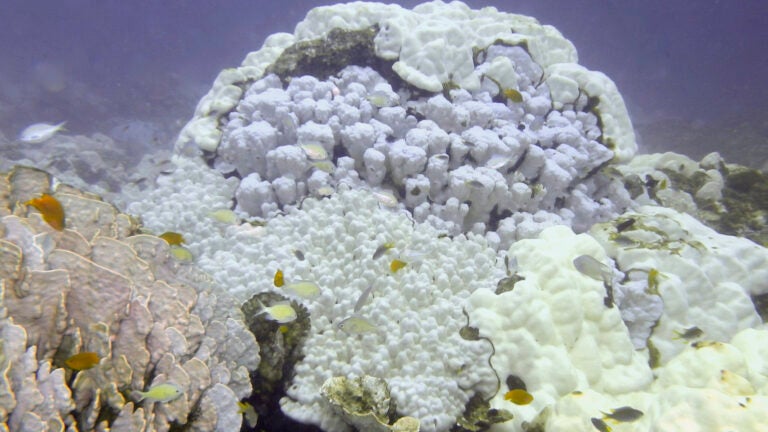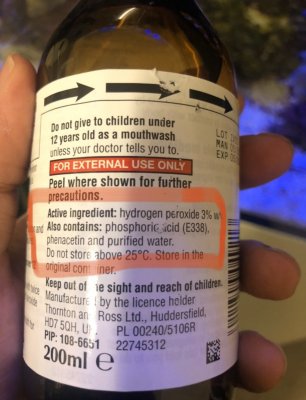Randy Holmes-Farley
Reef Chemist
View Badges
Staff member
Super Moderator
Excellence Award
Expert Contributor
Article Contributor
R2R Research
My Tank Thread
- Joined
- Sep 5, 2014
- Messages
- 67,276
- Reaction score
- 63,629
That's great that theoretically there are allowances and ranges, but pushing the boundaries on the aerobic reactions has shown increases in overall productivity of the bacterial species in this method.
Why stay in the box when the availability to operate outside the box delivers the required results?
Why say something is required without evidence that it is required?




















